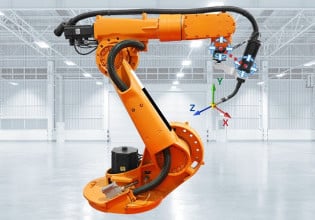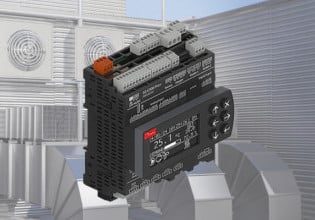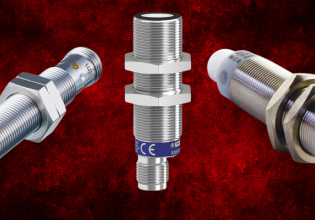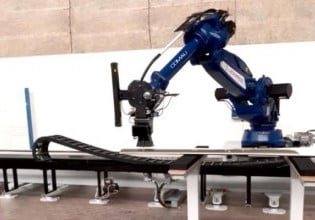B
I recently ran across my first software patent.
Looking through the code it dawned on me after a few minutes that what they had done was to patent the idea of a feedback loop with process dead time calculations added in.
I really was unimpressed.
Looking through the code it dawned on me after a few minutes that what they had done was to patent the idea of a feedback loop with process dead time calculations added in.
I really was unimpressed.






